This is war: leader in Haiti sheds light on violence and rape, advocates for a Haitian-led solution
Standing in front of them, I try to be strong, to hold back tears, but I often cannot. As I begin to cry, we come together in an endless embrace – our bodies beating against each other as we sob. Then, one-by-one, they vanish forever from death or disappearance.
- 2 years ago
May 22, 2024
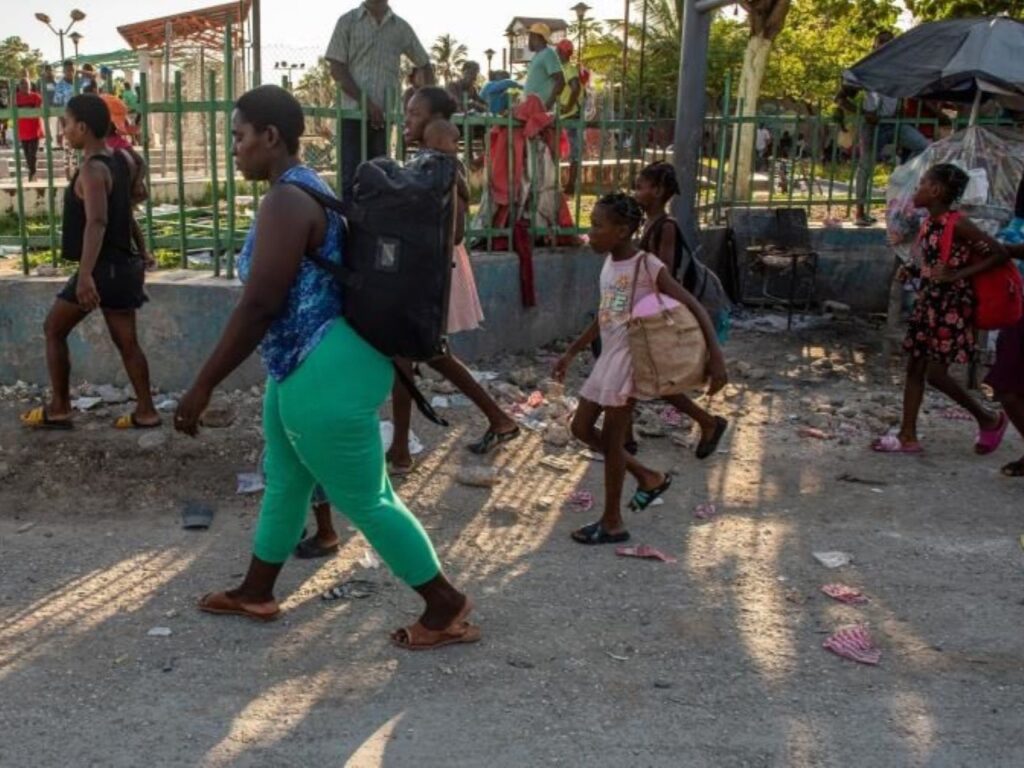
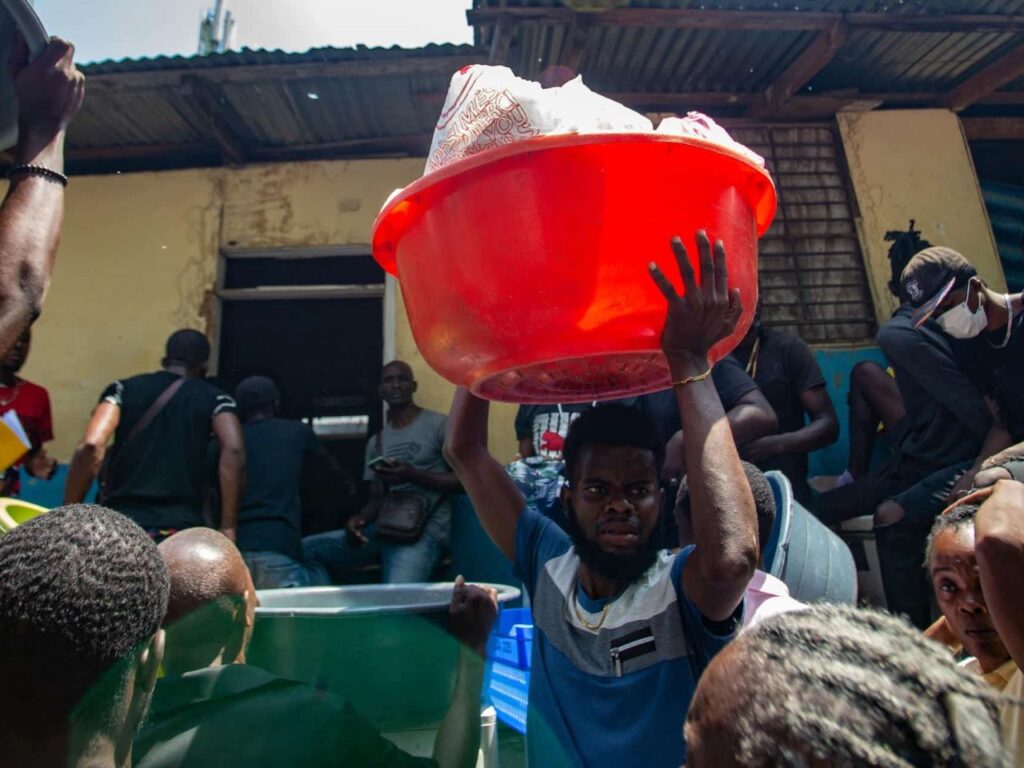
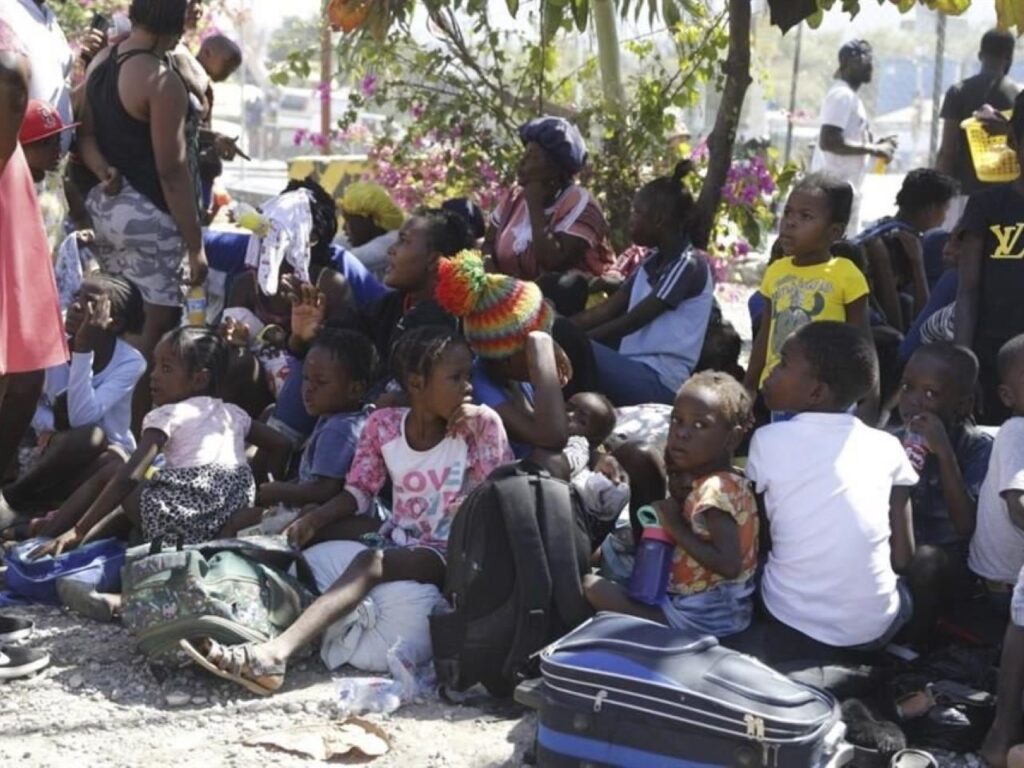
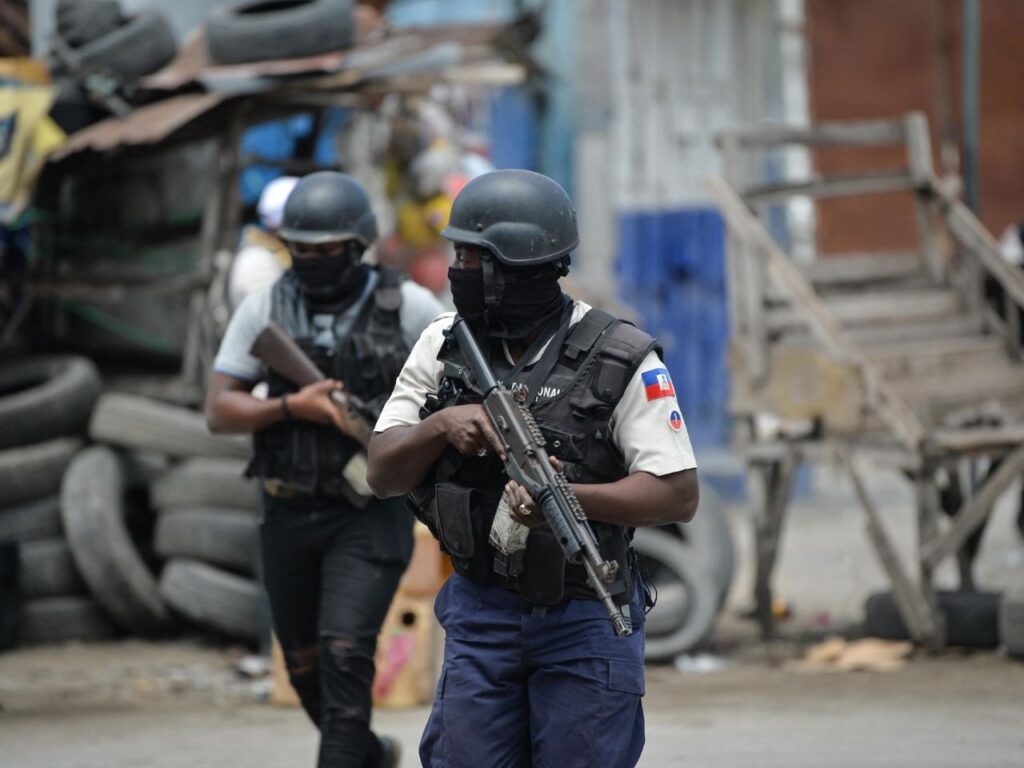
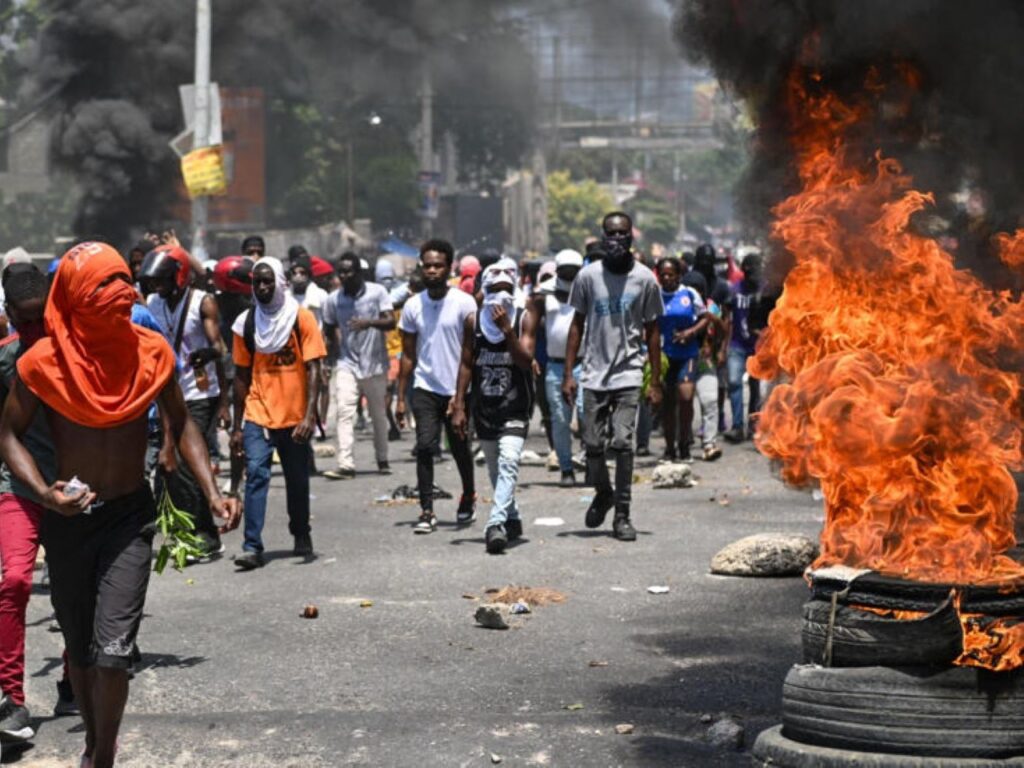
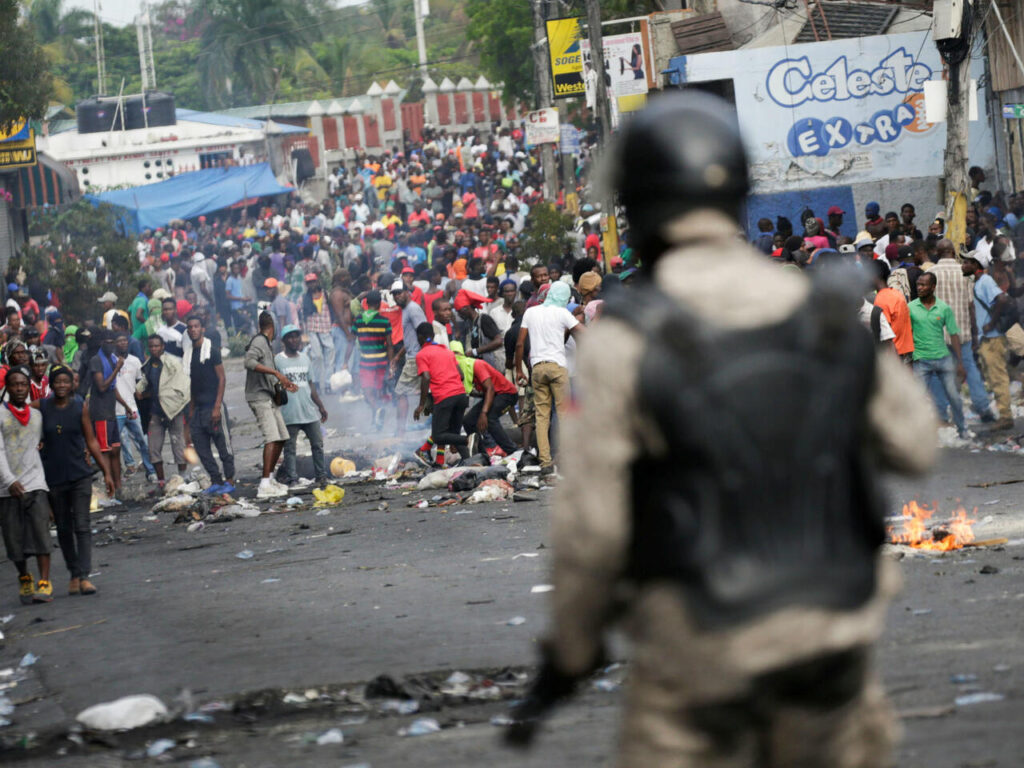
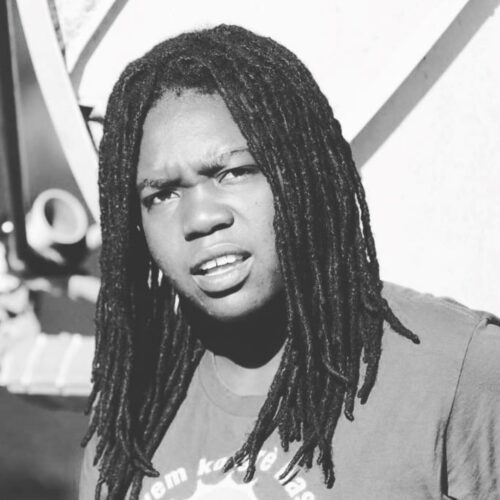
PORT-AU-PRINCE, Haiti ꟷ As a Haitian, I see my people plunging into despair, hanging by a thin thread in the face of relentless violence. As this violence subjugates us, communities shatter. Amid severe political and economic crisis, we struggle against poverty and hunger. It feels like a slow genocide. Criminal gangs control the capital of Port-au-Prince and the surrounding municipalities, dominating more than 90 percent of the territory.
They operate with brazen impunity, terrorizing the population through kidnapping, rape, murder, and looting. In recent months, we see the situation worsening with increased land grabbing. Gangs have begun to forcibly seize peasant land, selling it illegally to interested parties, exacerbating the plight of the rural communities I represent.
Neighborhoods are being massacred
With each passing day, the massacre taking place in Haiti hurts more. To flee the violence, people sleep in the streets and town squares, or take refuge in schools, universities, and community centers, often sharing a single toilet. While some remain in their homes as a form of resistance, others become brutally evicted by criminal gangs. At night, people can be seen standing and sleeping in the rain, their bodies shivering from the cold.
This environment has become suffocating, like a massive civilian prison. [As a peasant leader in Haiti] I encounter people who cannot work, study, or obtain medical care. In makeshift camps, some haven’t eaten in a week. Since the supply chain fully collapsed, when a family runs out of flour, sugar, salt, and rice, that’s it – they cannot get more. The people become dependent on rain for water and organizations to distribute food.
Standing in front of them, I try to be strong, to hold back tears, but I often cannot. As I begin to cry, we come together in an endless embrace – our bodies beating against each other as we sob. Then, one-by-one, they vanish forever from death or disappearance. At times, a hail of bullets floods the environment, and we take cover as people run desperately, loaded with all their belongings in suitcases and backpacks. They hold their children by the hand or carry them in their arms.
Haiti becomes a postcard from hell
In the wake of this catastrophe, the remnants of violence become clearly visible: burned houses, police stations, hospitals, and government buildings. We see incinerated cars, vandalized stores, and lampposts lying on the ground. Stacked tires burn in the middle of the streets giving off smoke that suffocates and clouds the air. Men with guns, some with their faces half covered, linger everywhere.
One day, during the early morning hours, I heard thunderous gunfire. Screams and desperate cries sounded, and I fled on foot. I found myself in an area of Port-au-Prince where the asphalt was stained with blood. Corpses lay all around me amidst bullet casings. The presence of law enforcement and few armored vehicles remained scarce. The streets sat practically deserted, except those fleeing for their life and the media trying to cover what was happening.
As the worst humanitarian crisis to hit Haiti since the 2010 earthquake – which we still had not fully recovered from – this is war and we receive no help. Those who relied on street vending are radically affected. Named Madansaras, the Creole word for a nomadic bird, these peasant women used to carry colorful baskets full of fruits and vegetables on their heads. The worked all day long to sell their products in the capital. Now they cannot survive.
As Port-au-Prince becomes cut off from the rest of the world, its resources dwindle. Gangs block roads in and out of the city, and the international airport and seaport remain closed. In recent weeks, people vandalized hospitals and raided warehouses and containers storing essential food and supplies. The social fabric disintegrates.
Sexual violence against women and girls rises in Haiti
In the neighborhoods of Port-au-Prince and in the peripheries, we understand the gangs will not protect the people. They rise against us while living with us; they stalk us like prey. Rape becomes a weapon of war as the gangs fight their rivals to control communities and territory. Hearing the testimonies of survivors, I witness their plight to recover physically and mentally in desolation, some raped two or three times.
A young mother in her thirties, grieving the death of her husband and baby, became swept up in the gang violence. They raped then kidnapped her, along with numerous other women. These Haitian peasants had been traveling by bus to market their goods in a neighborhood north of the capital when the men approached, threatening to kill them.
During the three days of captivity, the men repeatedly beat and raped them, doing every unthinkable thing. The men gang raped the women while assaulting them and even abused them after they passed out. One woman recalled regaining consciousness while still being raped and begging the men to kill her. Eventually, the men sent them away, naked. Reporting the incident to the police felt futile, so the young mother struggled to heal alone, battling an infection caused by the sexual violence. Hearing their stories, and remembering them afterwards, tears stream down my face.
Untold women in Haiti face extreme hardship and danger every day just to survive and keep their children alive. The increased insecurity in Haiti risks the lives of thousands of pregnant women, as roadblocks and violent eruptions leave them without access to medical care. They often give birth at home and even die in advanced pregnancy along with their unborn children. The gangs show no mercy.
The faces of people in Haiti remain marked by deep sadness
In Haiti today, uncertainty and fear spread like wildfire. Violence reaches record highs as gangs tighten their grip on the capital of Port-au-Prince and beyond. In recent weeks, they attacked and overtook previously peaceful communities, killing and injuring innocent civilians in their wake.
Fears escalate that soon they may gain control of the entirety of Port-au-Prince. Through my organization Têt Kolé, which represents the peasant people of Haiti, I fight to defend the human rights of peasants [farmers, agricultural producers, and rural community members]. For a long time, the peasant movement has sought to improve their living conditions, but it becomes especially critical in the context of Haiti now.
In the trenches I resist and fight. These are my people. Their blood is my blood. This is our land. I made the decision to stay in Haiti to contribute to a better future. [As a national leader in the peasant community and for women’s rights, Islanda Micherline Aduel recently co-wrote an op-ed for Al Jazeera, advocating for a Haitian solution to the current crisis in the country, rather than an imperialistic solution led by foreign entities. At the end of April 2024, Haiti appointed a new transition council to begin to tackle the problems and rebuild government.]


































































































































































































































































































































































































































































